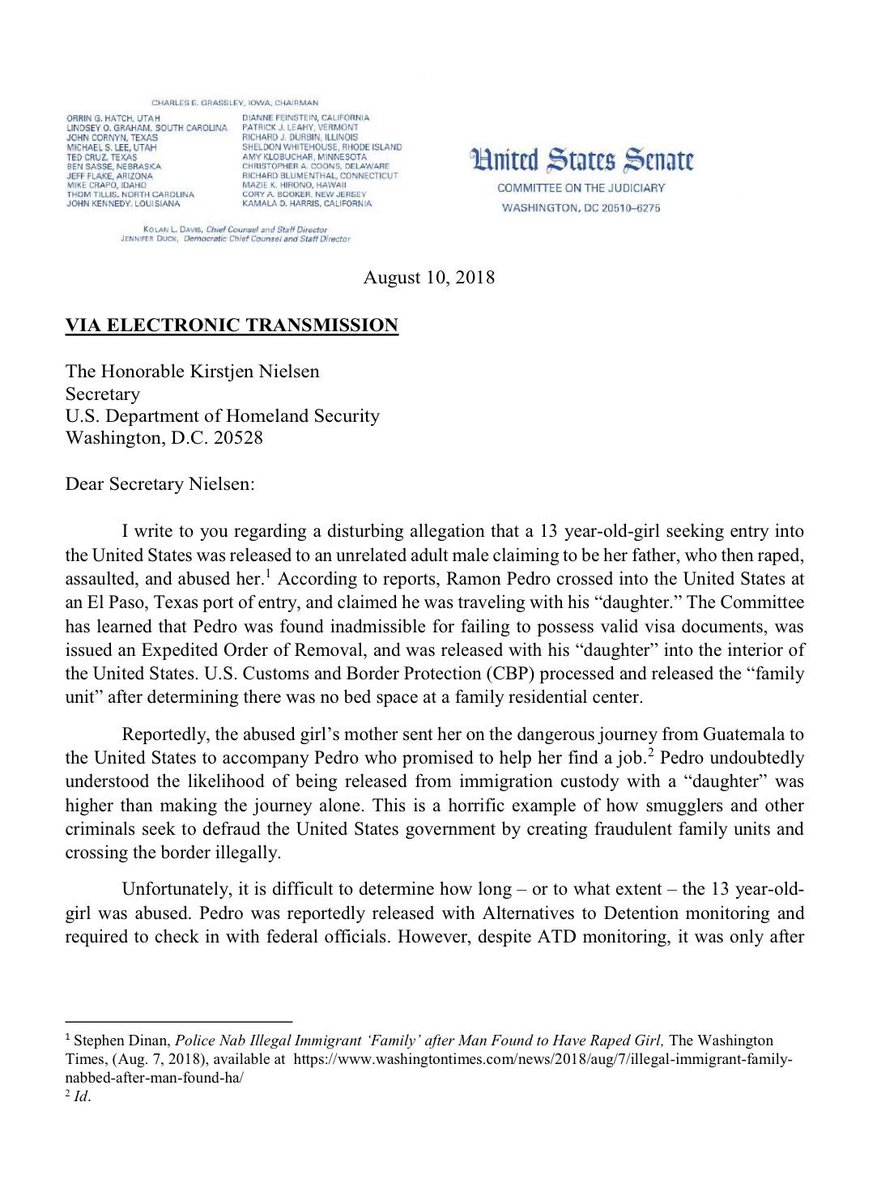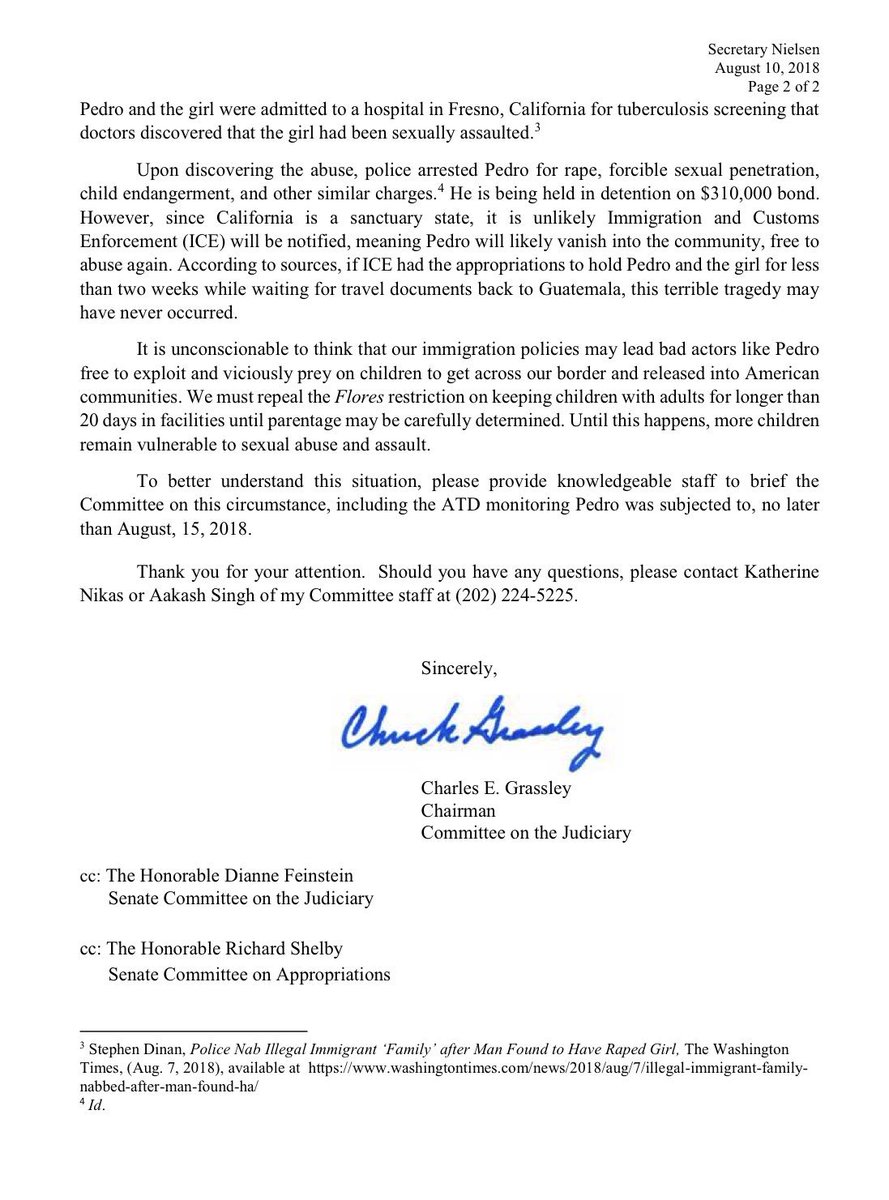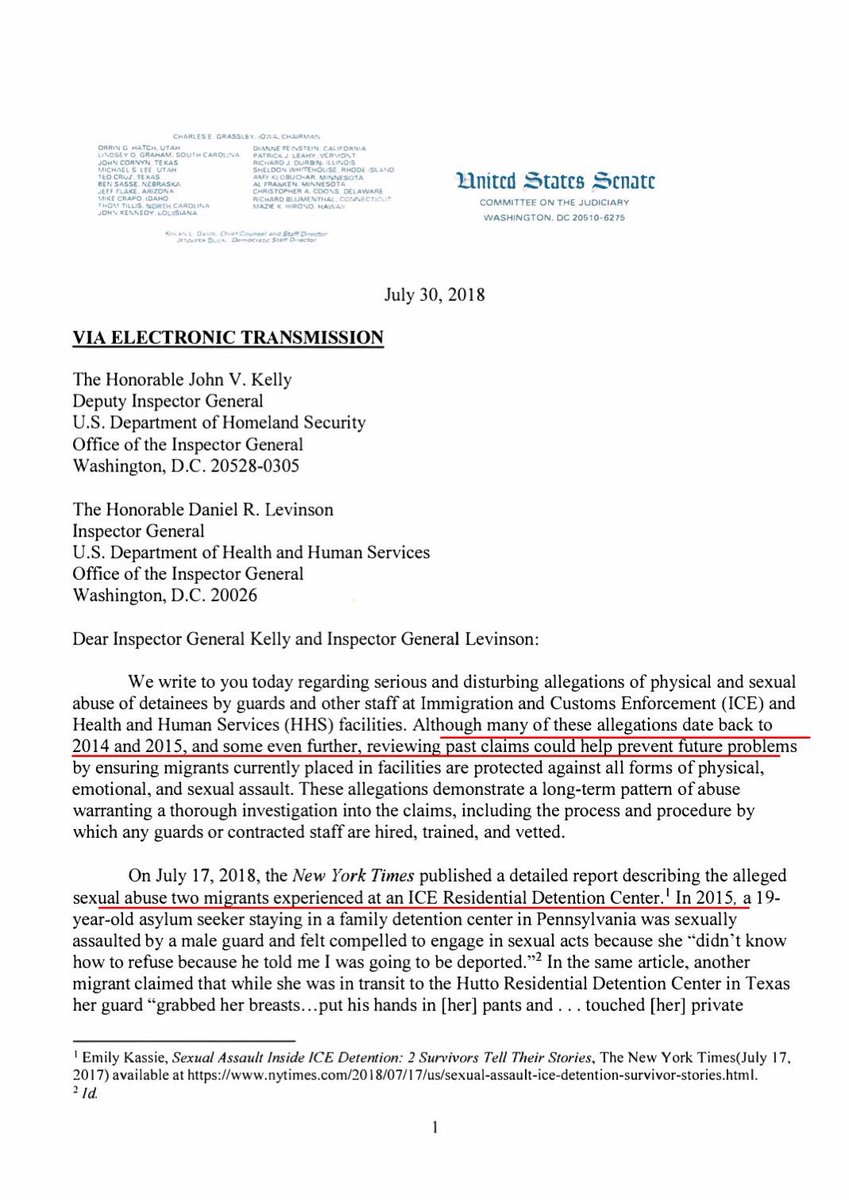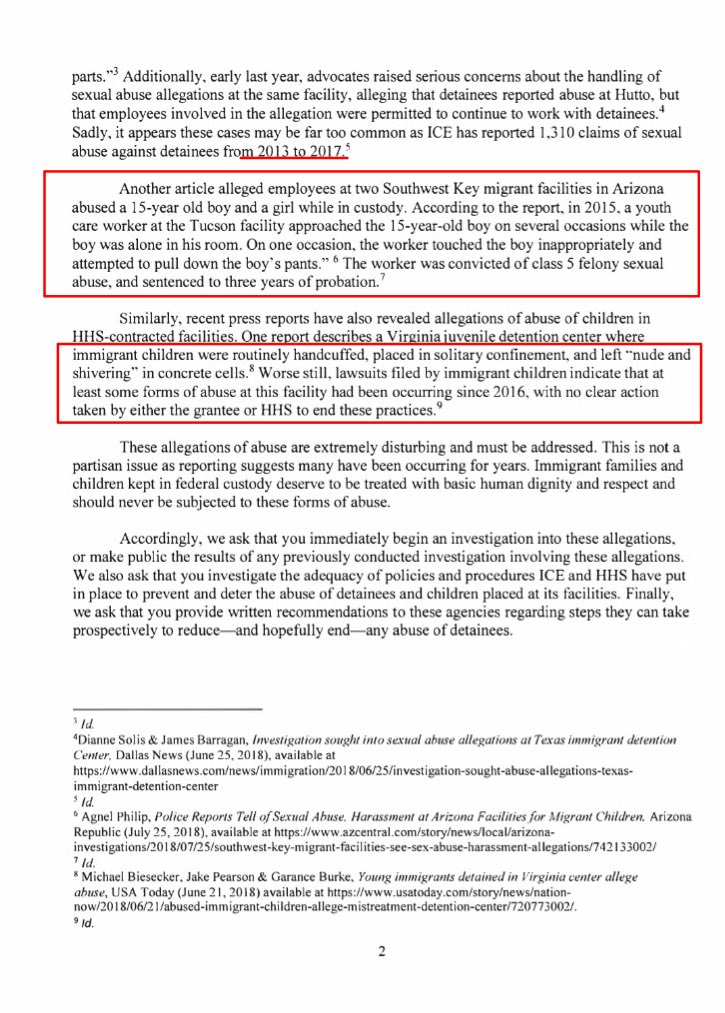Now, my story is finally out in @newyorker!
(Thread.)
newyorker.com/magazine/2019/…
That was definitely the case this time around.
First, the far-right in Germany is much more sophisticated, and their alternative media universe way more developed, than most of us have realized.
This ain’t going away anytime soon.
The authorities keep making shocking blunders. And those are a huge lay-up for the far-right.
But the finds that have stuck with me the most are the small lines and observations that don’t necessarily fit a simple narrative. In the hope of enticing you to read the piece, let me mention a few here.
(Please read the story?)
(And no, I'm not calling him a Nazi; that would, sadly, be too simple.)
(Yup…)
“The problem is both the AfD and the radicalization of certain immigration groups,” Dany Le Rouge told me. “The age of German exceptionalism is over.”
A Jewish refugee from Moldova, she's in many ways an incarnation of Germany's multiethnic future. And yet, she blames Merkel for her daughter's death and in some ways makes common cause with the right.
Oh, and do have a look at the rest of this blockbuster issue. There’s:
* Lepore on the media!
* Caro on LBJ!
* Gopnik on the Good Book!
* A story by Murakami!
I mean, seriously.
[End.]
newyorker.com/magazine/2019/…










